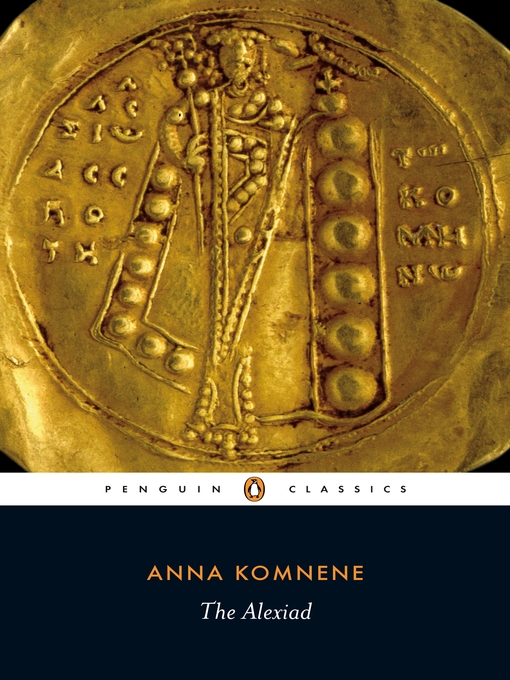Some do not like the disruption caused by massive building works (not surprisingly); some fear the effects of subsidence and damage to their own properties; others are up in arms at how the new space will be used.
In the case of the Bertarellis, who want to build two vast floors below ground, the Westminster planning spokesman noted that 'concern has been raised by residents that the use of the basements has not been specified'. This suggests the neighbours are a classic collection of Nosy Parkers, whose noses (ho-ho) are put out by the fact that the Bertarellis have dared to keep secrets. You can hear them huffing about it from here: just who do they think they are ?
In the 11th century, the issue was not building too deep - but building too tall. The rich competed with each other to be bigger and better, racing to out do each other.
This was disastrous for the common good, since it accentuated social inequality and emphasised the gap between the rich and the poor. Worse, it prompted unsavoury behaviour amongst the wealthy, whose competitiveness quickly became obvious for all to see - and deeply unattractive.
In Pisa in 1090, therefore, the city's bishop Daimbert (later Patriarch of Jerusalem) issued a ban on the height of towers that citizens were allowed to build. From now on, no one was allowed to build above a set height. The time of celebrating excess was at an end: people should live together as as community, rather than set apart because of the means at their disposal.
And in the great way that such directives were signed off in the Middle Ages, the bishop made sure his ruling was not challenged. Anyone who disobeyed, he declared, was 'inflated with the pride of the devil'. Failure to comply would result in 'excommunication and damnation'.
Something tells me that planning officials aren't allowed to talk like that. But it's certainly one way of doing it: Old School.


 RSS Feed
RSS Feed